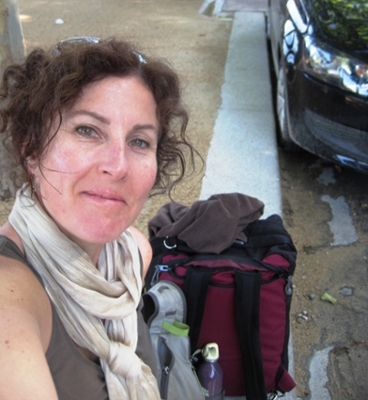History prof awarded SSHRC for her work in Canadian history
Mon. Nov. 12, 2018
 Photo submitted
Photo submitted
Dr. Sharon Wall, Associate Professor of History, is in the second year of a two-year SSHRC Insight Development Grant for her project entitled “Putting up a Good Front: Masculinity, Military Men, and their Families in Cold War Canada”. In this project, Dr. Wall seeks to address the historical roots of male violence by looking at its roots in institutions, such as the military, and in society more broadly. Specifically, she focuses her study on the concept of masculinity in men who were in the Canadian military during the Cold War - the period which, she says, was just before women were incorporated into full combat roles - by looking at their work lives, their roles as husbands and fathers, as consumers, and as community members. In her study, Dr. Wall is using archival materials, personal collections, newspapers and popular press, oral history materials, as well as internet sources and fiction.
Dr. Wall’s previous work has looked in detail at the history of gender, family, childhood, and parenting in the context of summer camps (1920-55), as in her book, The Nature of Nurture: Childhood, Antimodernism, and Ontario Summer Camps, 1920-55, and more recently she has considered these in the context of residential schools and post war maternity homes for pregnant teens. Each of these contexts (summer camps, residential schools, postwar maternity homes), like military bases, she explains, “was a form of microsociety in pursuit of distinct goals and isolated (to some extent) from the broader society”.
Dr. James Hanley, Chair of the Department of History, states that “Dr. Sharon Wall’s scholarship in Canadian history has garnered multiple awards from her professional peers.” He adds that, “Dr. Wall’s SSHRC-funded research project on masculinity and military families in Cold War Canada is equally innovative and will provide important opportunities for students both to participate in high-level research on campus and to learn Canadian history from a leading practitioner.”
